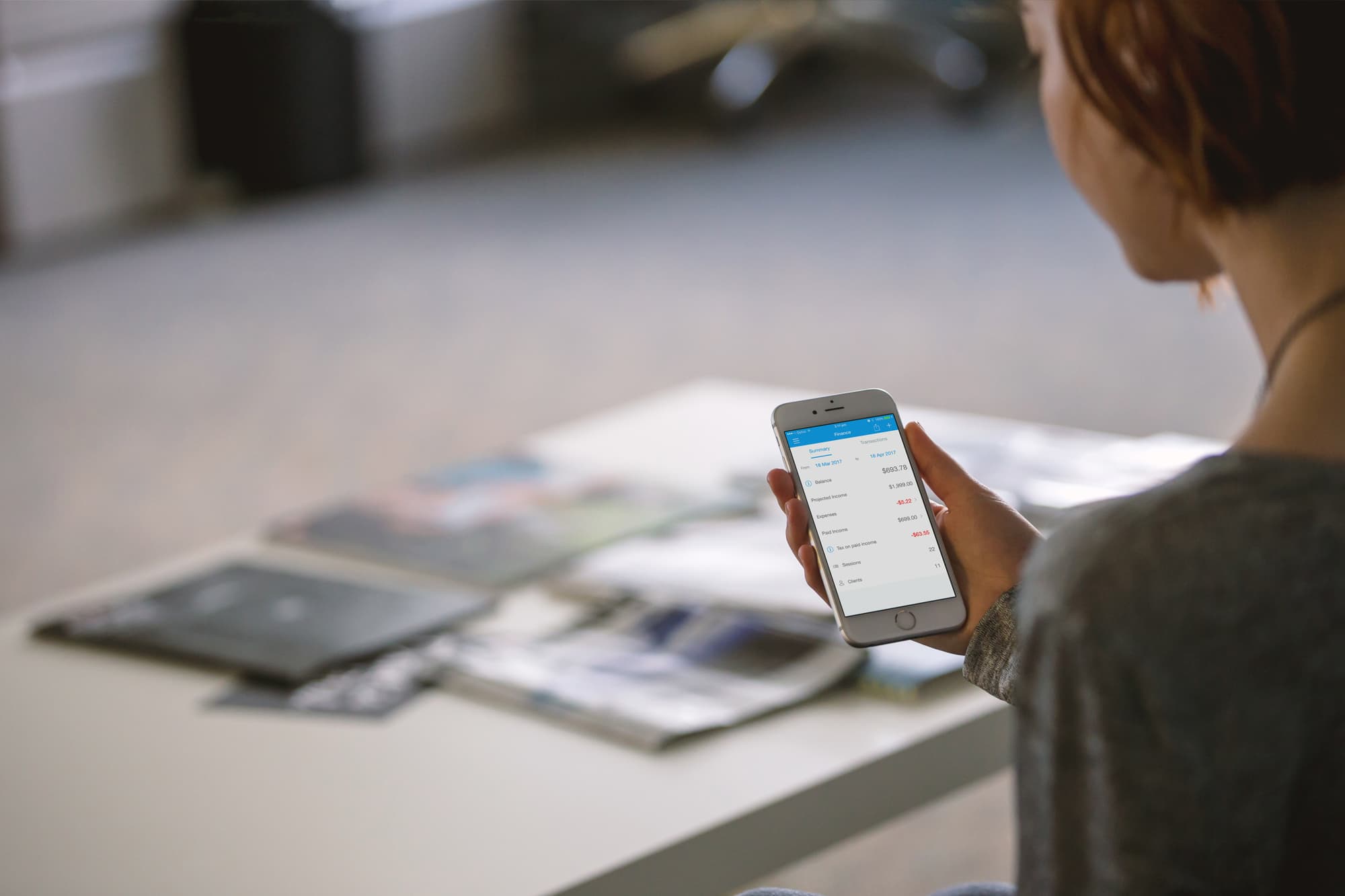Personal Trainer Tax Tips
With the end of the financial year almost two months ago I’ve been speaking with a lot of personal trainers lately that haven’t yet done their tax return.
So I thought I’d take this opportunity to give you a little reminder and a couple of tips on some deductible expenses you may be able to claim on your tax return:
Please note the advice provided on this website is general advice only and you should refer to a registered tax agent or the
ATO to confirm if you are eligible for any of the following deductions.
1) Meals & Travel
The cost of the following:
• Parking, tolls, taxis & public transport when travelling to attend seminars, conferences, meetings, competitions and training courses (if you need to stay away overnight you can also claim for the cost of all meals and your accommodation)
• Using your own car for work, including travel to collect materials and supplies, travel between two or more places of work, attend seminars, meetings, conferences or training courses and work related competitions. It is best to keep diary records of the number of kilometres travelled during the year for these purposes.
2) Work Clothing
The cost of the following:
• Compulsory uniforms, including shirts, pants, shirts, jackets, jumpers, (the logo must be on the uniform to ensure it is tax deductible). Note general exercise clothing is not deductible (including track suits, running shoes, t-shirts) unless the employer’s/your logo is on it.
• Laundry, dry cleaning of your uniforms
• Sun protection items if required to work and conduct training outside (including sunscreen, sunglasses, hats)
3) Training
The cost of the following:
• Work-related short training courses related to your current employment e.g. first aid, OH&S, CEC, personal training, nutrition, staff supervision, management and attendance at fitness expos, which are not run by a university or TAFE. You can also claim the travel expenses to attend these courses.
• Self education courses run by universities (not including HELP or HECS) or TAFE, for example Cert IV in Fitness, provided they relate to your current employment. If studying, costs of books, stationery, travel and equipment required for the course.
• Compulsory CPD training courses
4) Work Tools & Equipment
The costs of:
• Buying and repairing equipment used at work, including sporting equipment and weights to be used by clients, electronic organisers, laptops and mobile phones.
• Stationery items, diaries, briefcases
• Insuring your equipment
5) Memberships, Subscriptions, Books, Telephones, Internet
The costs of:
• Association membership or union fees
• debiting fees i.e. Keepon
• Attending competitions as acoach or trainer, including entry fees
• work related books, magazines and journals
• work related CD’s and DVD’s
• Work related licences (excluding drivers licence)
• work related home and mobile phone calls and rental (diary records should be kept to substantiate the numbers of phone calls you make for one month and then the accrued cost can be calculated)
• internet connection fees (only the proportion of the fee that relates to work use can be claimed)
• home office (diary records should be used to substantiate the hours per month spent working from home)
6) General Expenses
The cost of deductions that all employees can claim on their tax returns include:
• bank fees charged on business accounts
• donations to registered charities (so long as nothing is received in return for the donation e.g. raffle tickets or novelty items)
• tax agent fees, including the cost of travelling to see your agent to have your return prepared.
• Income protection or sickness and accident premiums
If you enjoyed reading this, you might also enjoy
5 Accounting / Tax Tips To Make Your Personal Training Business Run Better
Why not take the pain and stress out of tax time and start tracking all of your expenses in Keepon so you can have more time to do what you enjoy most.

